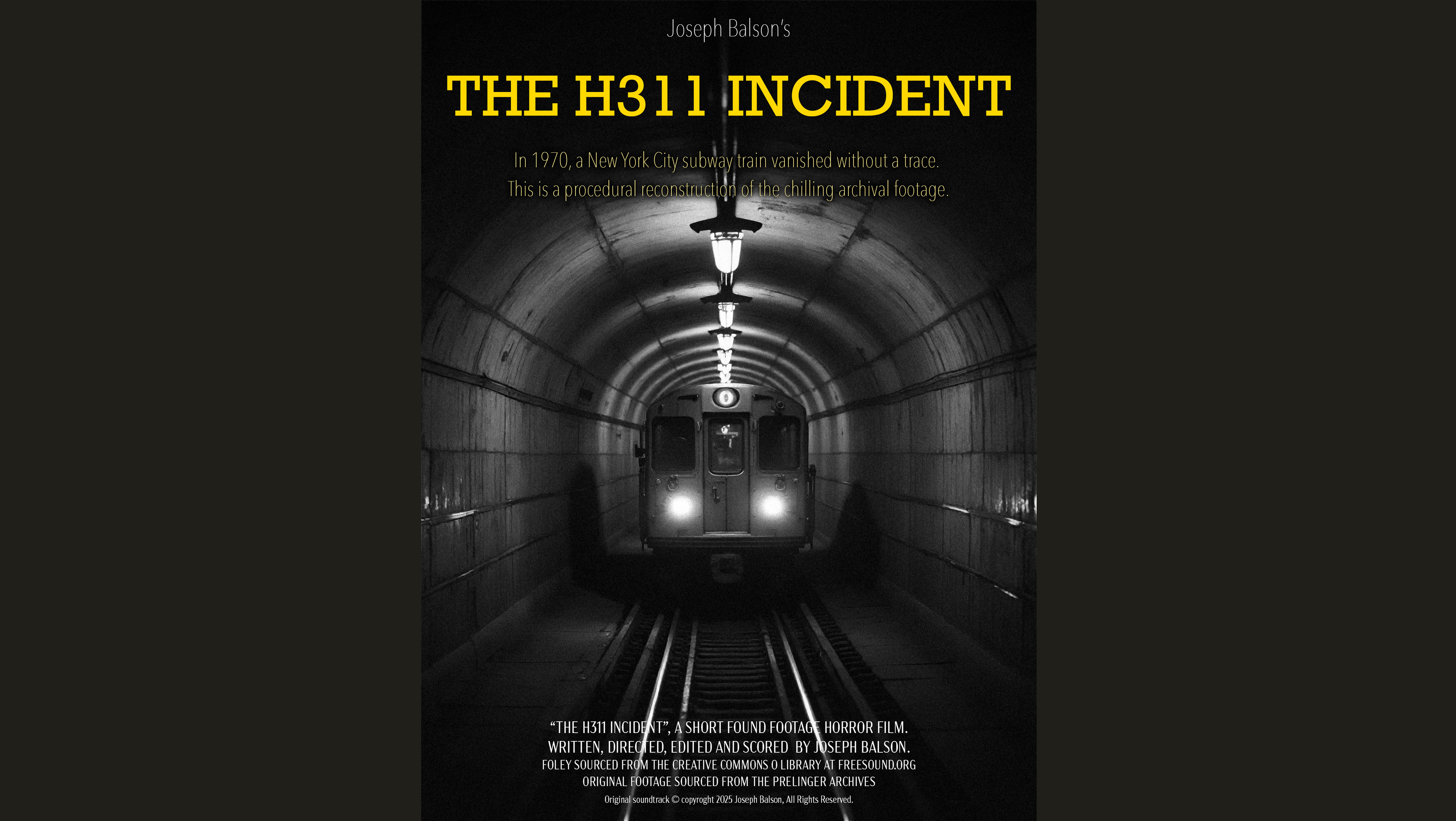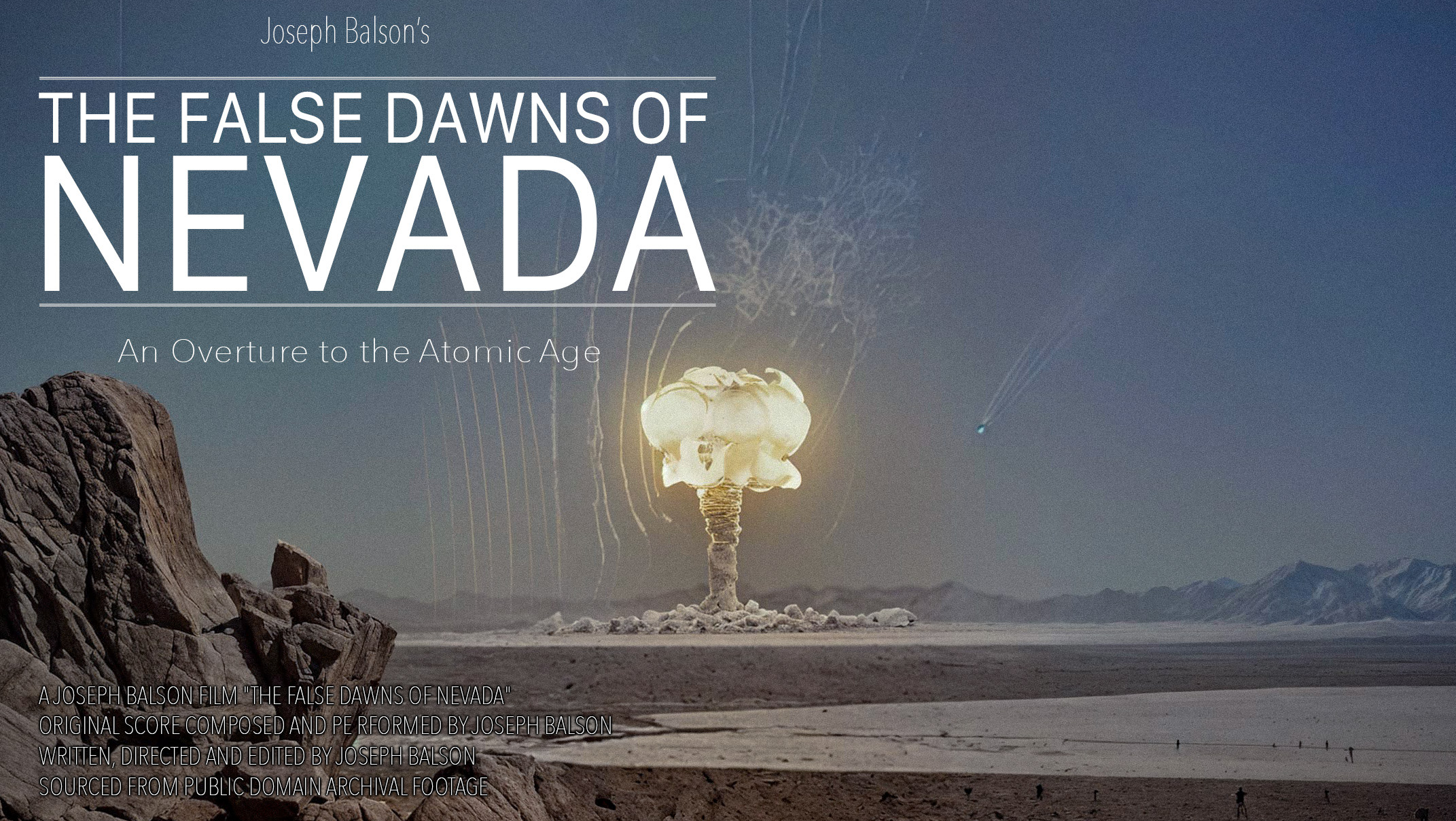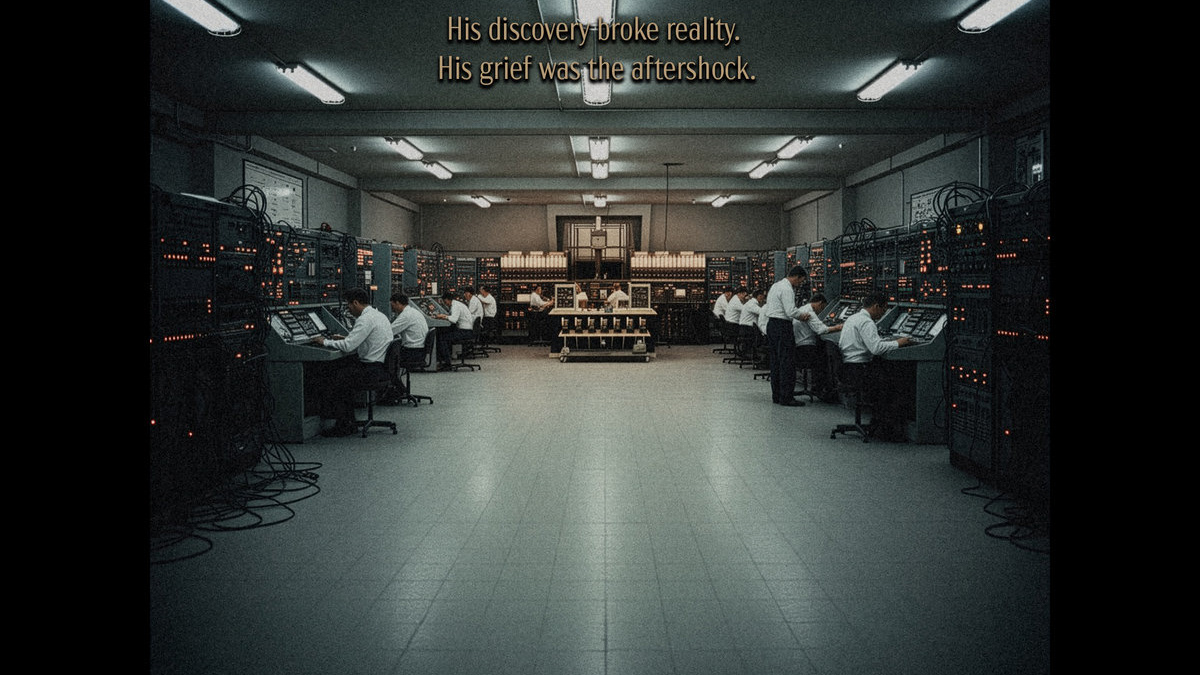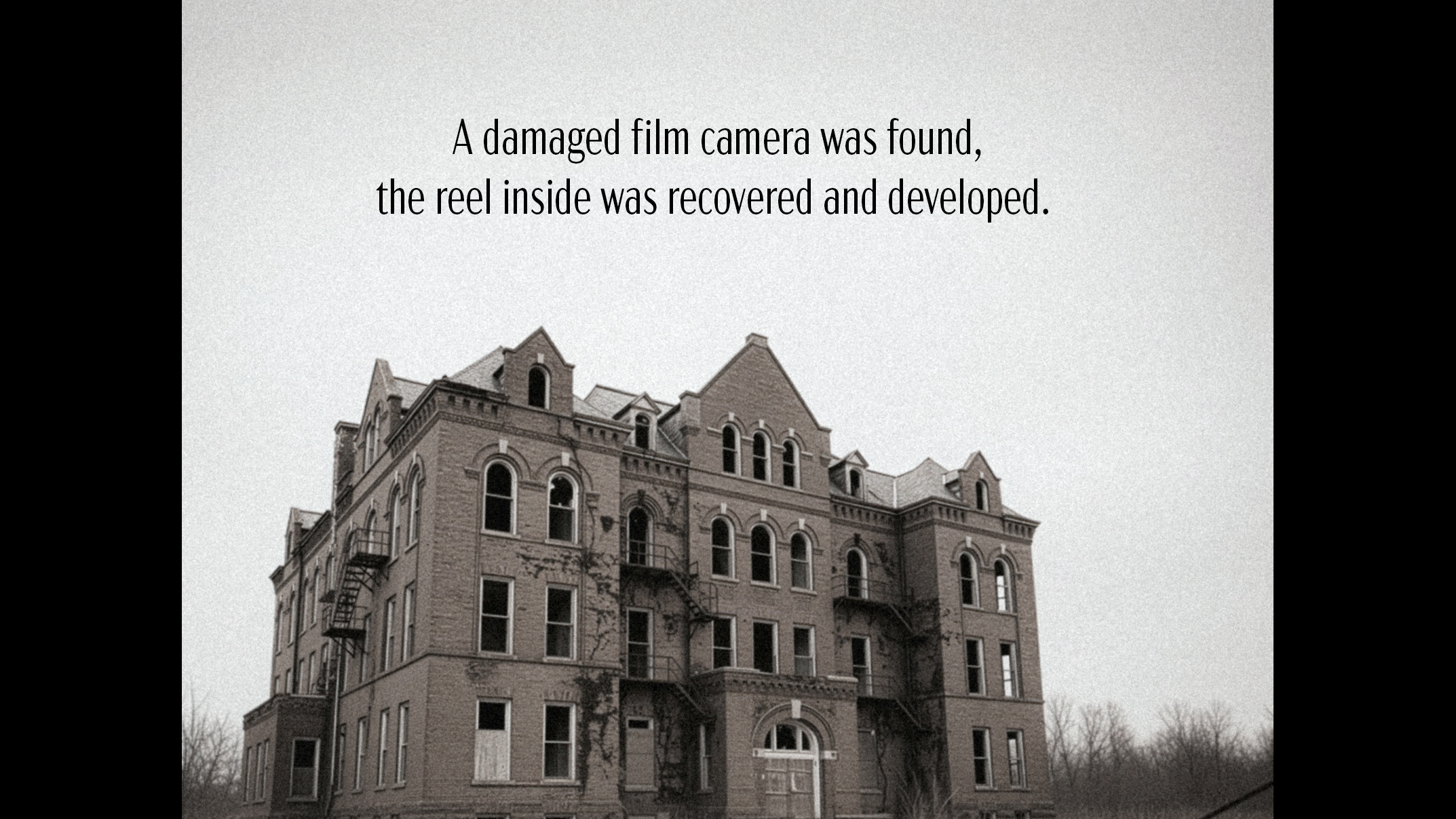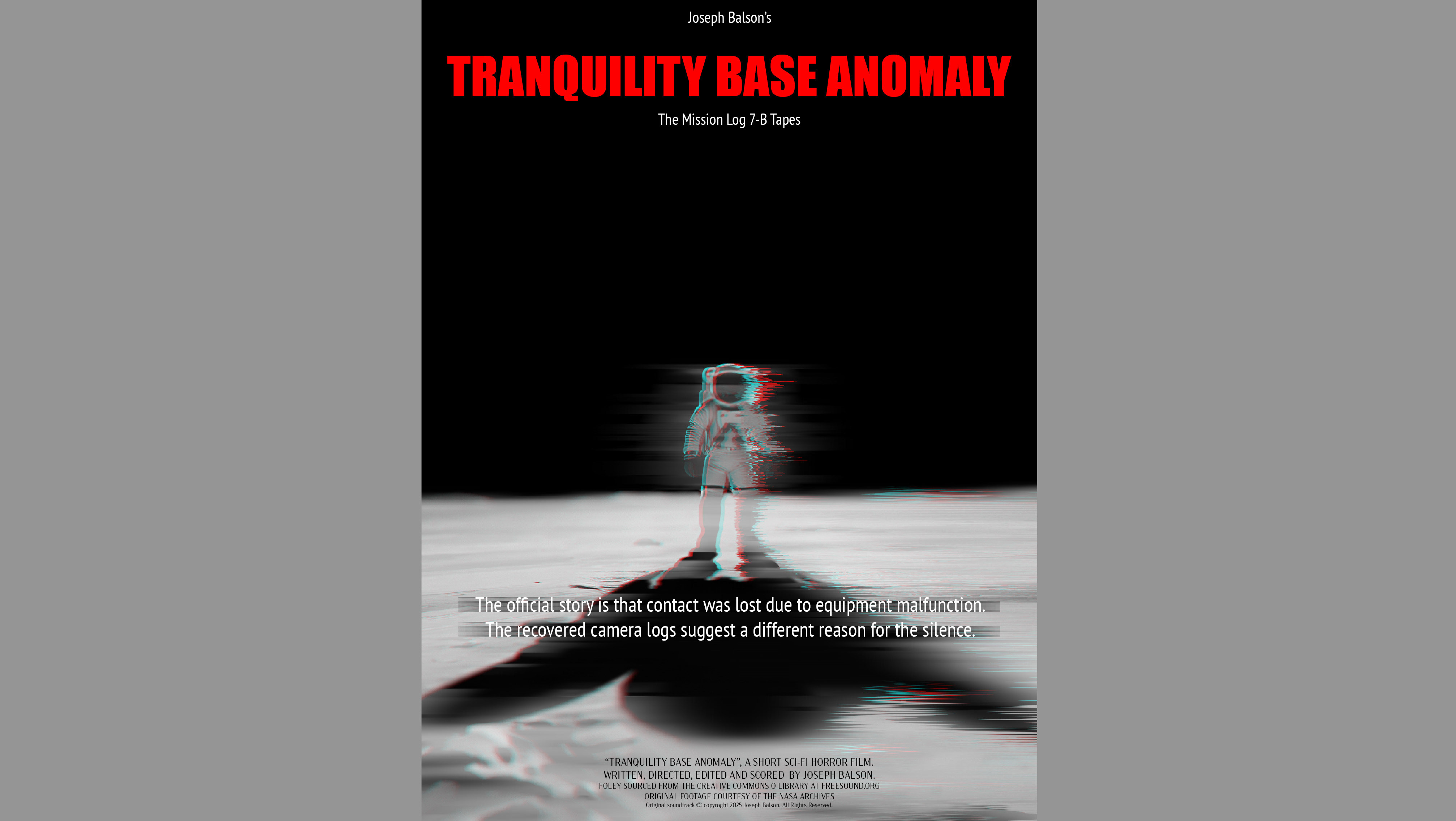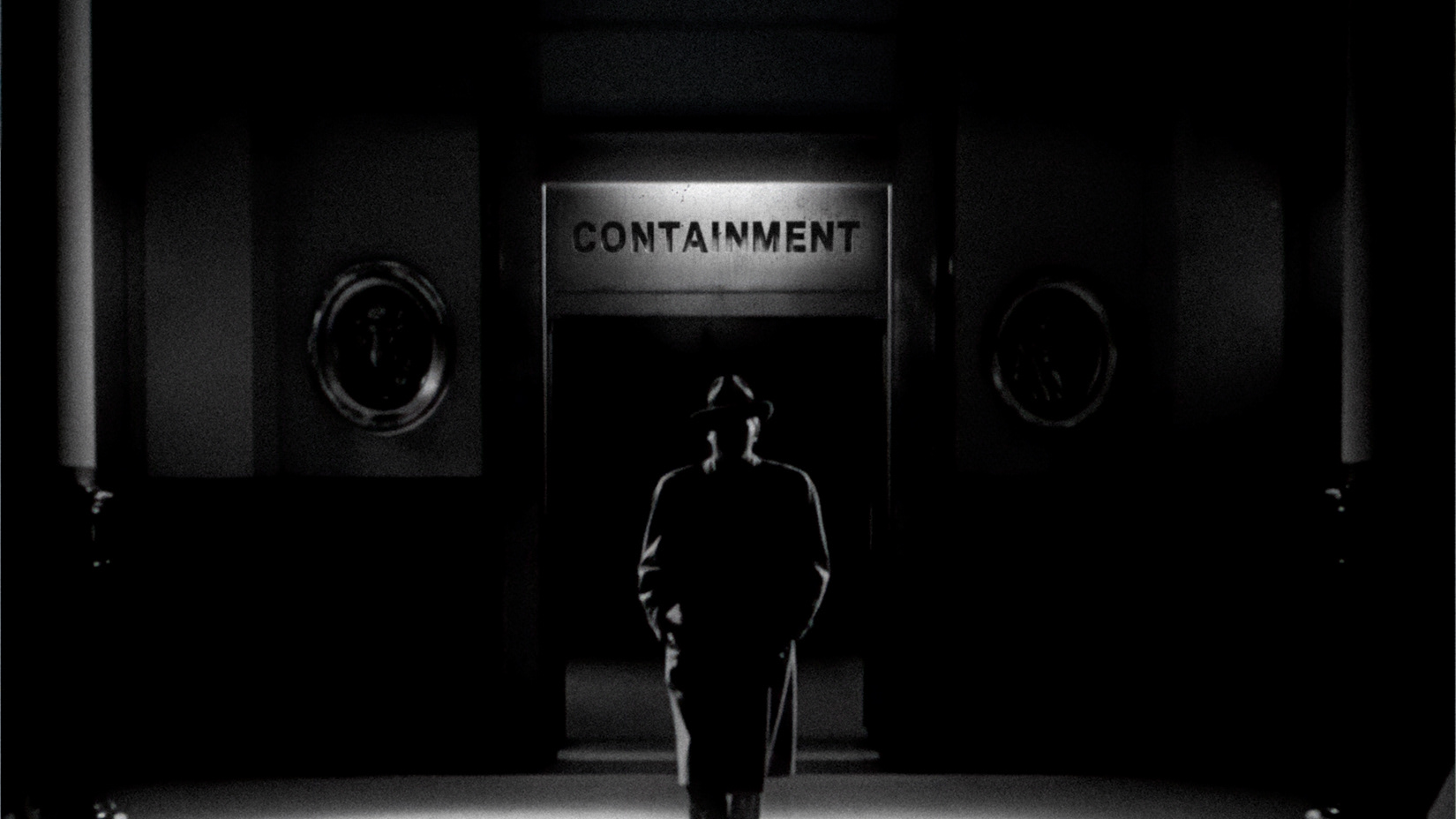A Short Noir Film about Trauma & Isolation
In the heart of a vast indifferent city, a man's quiet desperation spirals into a psychological abyss. "Call Back Tomorrow" is a short experimental film that tells the story of this man's final 24 hours.
(Warning & Context): Viewer discretion is advised. This film contains mature themes, including a direct exploration of post-traumatic stress, mental health crisis, and suicide.
Using a collage of public domain footage, this film constructs a new original narrative about alienation and the breakdown of human connection. We follow Mr. Feynman, a once-reliable man now haunted by visions and a profound sense of despair. As he navigates a world that is both deaf and blind to his suffering, his last attempts to find help are met with a cold, bureaucratic indifference, pushing him toward a final, tragic decision.
The film features an original, minimalist score that acts as the internal monologue for a man haunted by a sound he cannot escape.
Written, Directed, Edited, and Scored by: Joseph Balson
Footage sourced from the Prelinger Archives (Public Domain).
Sound Design elements from Freesound.org (Creative Commons 0).
Footage sourced from the Prelinger Archives (Public Domain).
Sound Design elements from Freesound.org (Creative Commons 0).
Original soundtrack on Bandcamp, Apple Music, and all the other platforms.
Detailed Description:
"Call Back Tomorrow" is a short experimental noir constructed from repurposed public domain footage, functioning as an exercise in narrative re-contextualization. The film is a study of post-traumatic haunting, charting the psychological disintegration of a man trapped in the repeating echo of a single catastrophic event.
The score and sound design are the primary narrative drivers, creating a consistent sonic signature for the protagonist's "visions." This leitmotif of trauma transforms the film from a study of general alienation into a specific portrait of a mind fractured by a singular fiery memory.
The project is an exploration of how a consistent sonic language can unify disparate
found footage into a coherent psychological narrative.
- Act I (0:00 - 2:55): The Haunting. The film opens by immediately establishing the source of the trauma. The sonic signature of the "visions" is applied to the archival footage of a hotel fire (0:26), explicitly linking this external event to the protagonist internal state. The subsequent scenes in the hotel room are not just about ennui: they are the quiet, hollowed-out aftermath. His first full "vision" (1:39) isn't a random hallucination, but a direct projection of his own psychological imprisonment.
- Act II (2:55 - 6:20): The Trigger. The protagonist's journey into the city becomes a navigation of a world filled with triggers. The stroboscopic light of the train (3:18) initiates a cascade of traumatic visions, all linked by the recurring sound signature. The film's thematic core is the phone booth scene (3:56) where his plea for help is a direct cry from a man consumed by a memory he cannot escape. The system's response: "Call back tomorrow", is the final act of abandonment.
- Act III (6:20 - 10:25): The Inevitability. The final act is a somber procession toward a foregone conclusion. The clinical detachment of the doctor's visit and the funereal car ride lead to the final ascent in the elevator (7:24) where his last visions are a terrifying inventory of his fractured psyche. The film's climax is an act of anti-drama: a swell of tragic, beautiful music, followed by a sudden, absolute silence at the moment of his erasure. The final sound is not of the impact, but of the world's profound indifference.
